How We Teach
You will be taught in a number of different ways such as interactive lectures, practicals, workshops and tutorials.
In our Biological Sciences degree programmes we teach you to be able to solve problems and think independently to become a part of the next generation of scientific thinkers applying their skills in a variety of contexts. Our teaching has moved away from the more traditional emphasis on lectures and there is more focus on facilitated self directed learning and on practical and workshop classes.
The main ways we teach are through interactive lectures, tutorials, practicals and workshops, and you'll usually have a mixture of these class types each week for each of your courses. Usually you will take 3 courses in each Semester, so 6 in total over the year. In the early years you can take courses from other Schools that may be taught in different ways. Each course has an online page on our virtual learning platform, Learn, where information about the courses and resources are shared.
Your Timetable
Depending on the courses you choose, your weekly timetable in Years 1 and 2 could involve around 15-20 hours of teaching time each week.
Classes are designed to complement each other, usually the concepts you are taught will be reflected in the workshop, practical and tutorial work giving a chance to apply knowledge to real scenarios. As well as time spent in classes, you will need to spend some time outside of class consolidating what you've learnt, preparing for workshops, practicals or tutorials, or completing coursework. This could be around 15-20 hours of self study each week.
In later years, you will undertake more personal study and research. You are linked with a research group and complete an in-depth project as an important part of your final-year assessment.
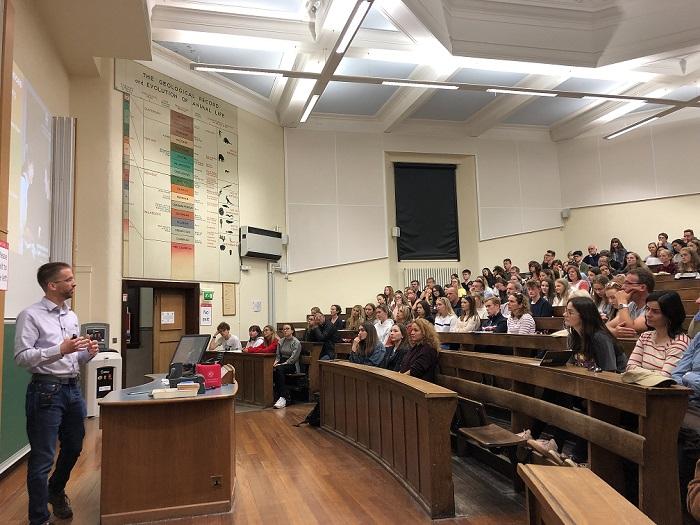
Lectures are often interactive and we utilise a variety of digital tools to make them engaging. In the early years you may have some pre-recorded content to watch and discuss then your in-person session will involve further discussion and participation from you as you explore new concepts with the lecturer.
In person sessions are often recorded so you can access the content again if you need to for revision. These recordings are found on the Learn page for each course.
In years 1 and 2 lectures can be quite large as Biological Sciences courses are popular with students from other Schools. One of the largest lecture theatres we have at King's Buildings is the Swann Lecture Theatre which usually seats around 370. As courses get more specialised through the degree, the class size reduces.
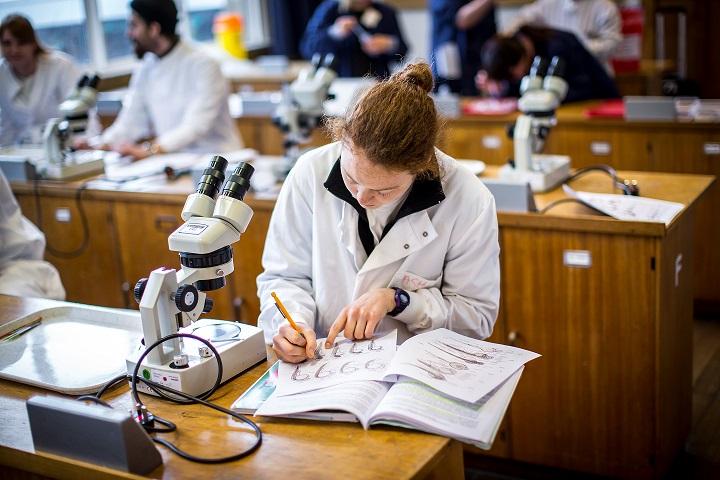
In a practical class you will work individually, in pairs, or in small groups to complete an experiment. You are usually given details on what you'll be doing in the class in advance so you can read over the steps beforehand. The equipment and materials are prepared by our team of technicians in advance so everything is ready when you arrive. White lab coats are provided and there are demonstrating staff (navy blue coats) to help show you what to do and answer questions.
We have a number of different practical laboratories that we teach in. Find out more in our Where We Teach pages.

Workshops complement the lectures, tutorials and practicals. They are designed to reinforce your knowledge, practice essential skills, as well as present new examinable material.
Workshops are smaller and more informal than lectures, you might work individually or in small groups. They may include participating in quizzes, presenting in a group, scientific data analysis, programming or learning how to use scientific software. They can take place in workshop rooms or in computer laboratories.
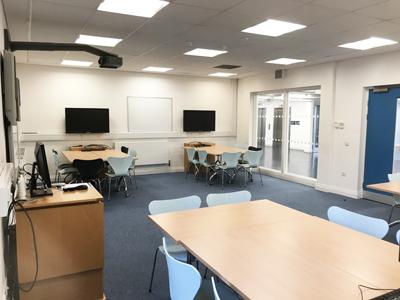
There are usually 15 to 20 students in a tutorial in the early years, but they can be smaller in later years. Tutorials are used differently from course to course and are designed to:
-
Improve your communication skills (both oral and written).
-
Help you with problems arising in the course.
-
Show how the theory learnt in lectures can be applied to the real world.
Participating in tutorials is a great way to practice discussing topics in small groups and presenting your ideas along with the reasoning behind them. These skills will be useful in many workplaces as a graduate.
Work assigned in Tutorials
There is usually some work to complete before you attend tutorials, such as to read and analyse a scientific paper, or to answer some questions on the lecture content. It is expected that you will have had a go at completing the work before the tutorial.
Once in a tutorial there might be a discussion about the work and the solutions and there will also be a chance to ask your questions to staff and demonstrators.
Fieldwork is an important part of a number of our degree programmes. Day or half day field trips to places such as the Royal Botanic Gardens, local woodland, the beach, or to Edinburgh Zoo are built in to our courses in the early years.
In the later years some programmes usually have compulsory week long field trips. In the past, field trips have been held in a variety of locations:
- Scottish Highlands
- Millport field centre
- Estonia - Plant Science students
- Southern Spain - Evolutionary Biology and Zoology students
- Majorca - Ecology students
For programmes that don't have a fieldwork element there is usually a trip to the University's outdoor centre, Firbush, at the beginning of Year 4. It's a great chance for students and staff to get to know each other, do some outdoor activities such as kayaking, mountain biking or hill walking (if you want to!) as well as some academic work too.
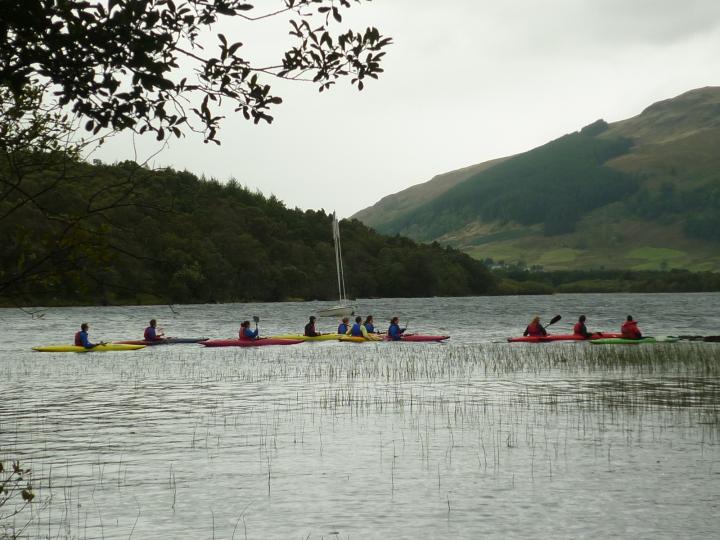
|
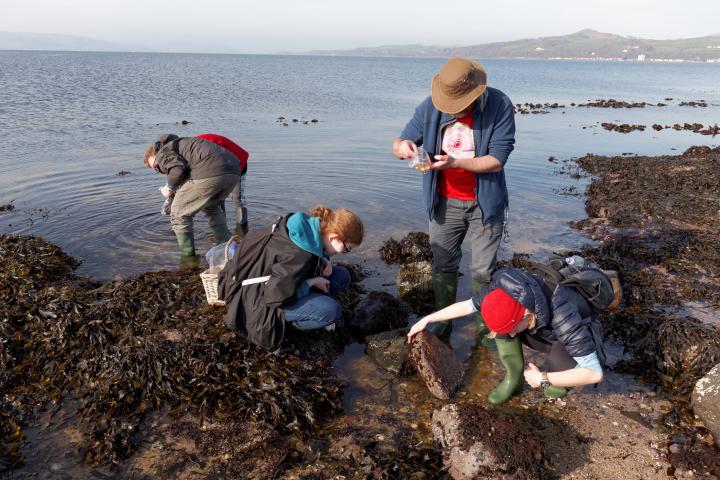
|
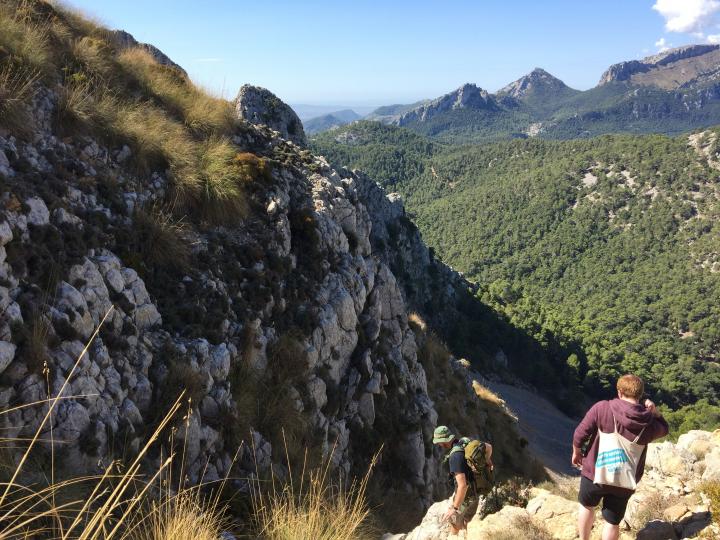
|
Each course that you take has an associated online Learn page. Learn is the University's virtual learning platform, and there is lots of information on these pages such as:
- Copies of lecture slides
- Discussion boards
- Recommended reading lists
- Lecture recordings
- Practical and tutorial synopses
- Course work submission
Current students can access Learn though the University's MyEd portal.
After we've done all the teaching we need to see how you are getting on, and what you have learned. Often we want to see how the knowledge you have learnt is applied to the questions or assignments you are given. You will be assessed through a mixture of in-course assessments and examinations. In the early years much of your assessment will be coursework based or ongoing throughout the course, such as small tests or practical write ups.
In course assessments could include things like:
- Essays
- Practical reports
- Tutorial presentation
- Group projects
- Online quizzes
Examinations may include:
- Multiple choice questions
- Short answer questions
- Problem solving questions
- Scientific paper analysis
In the final year a research project or dissertation will form an important part of the degree.


